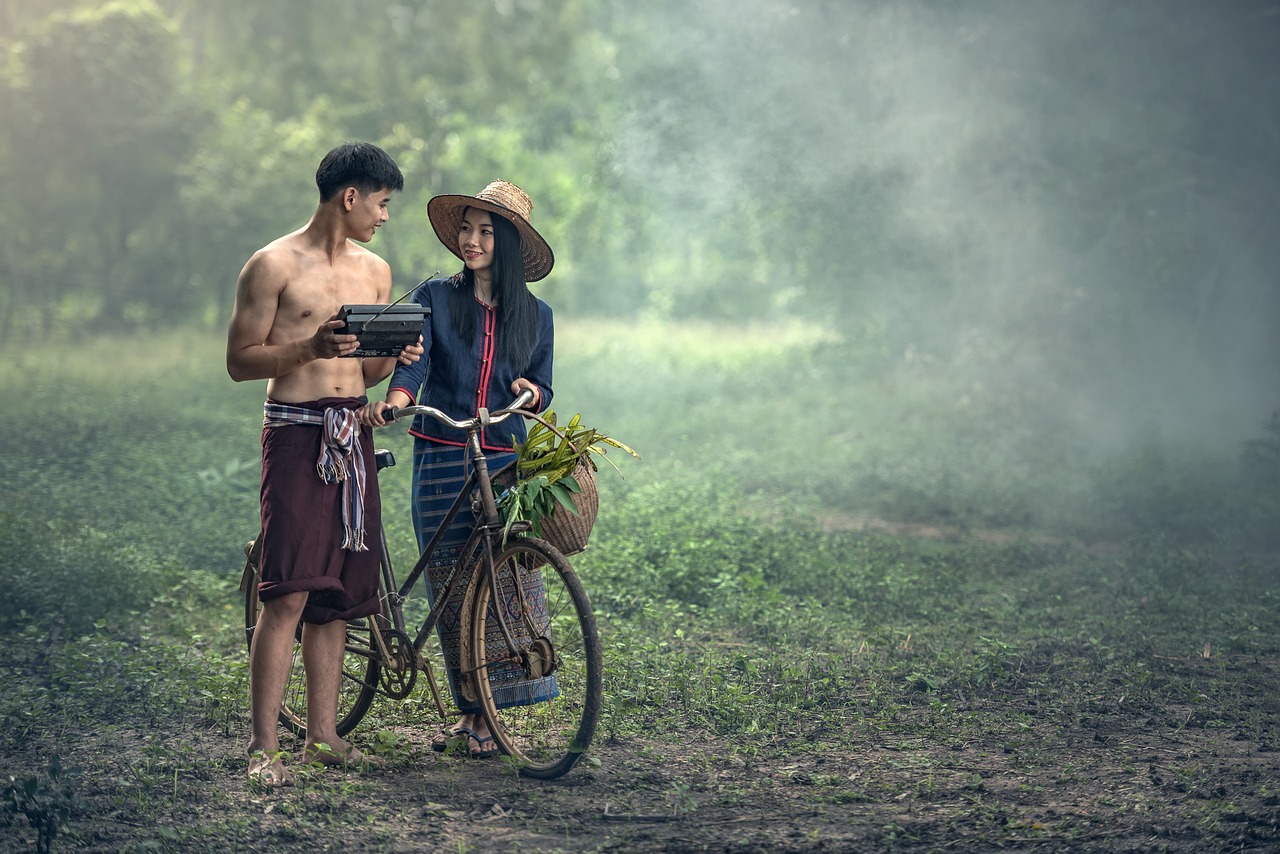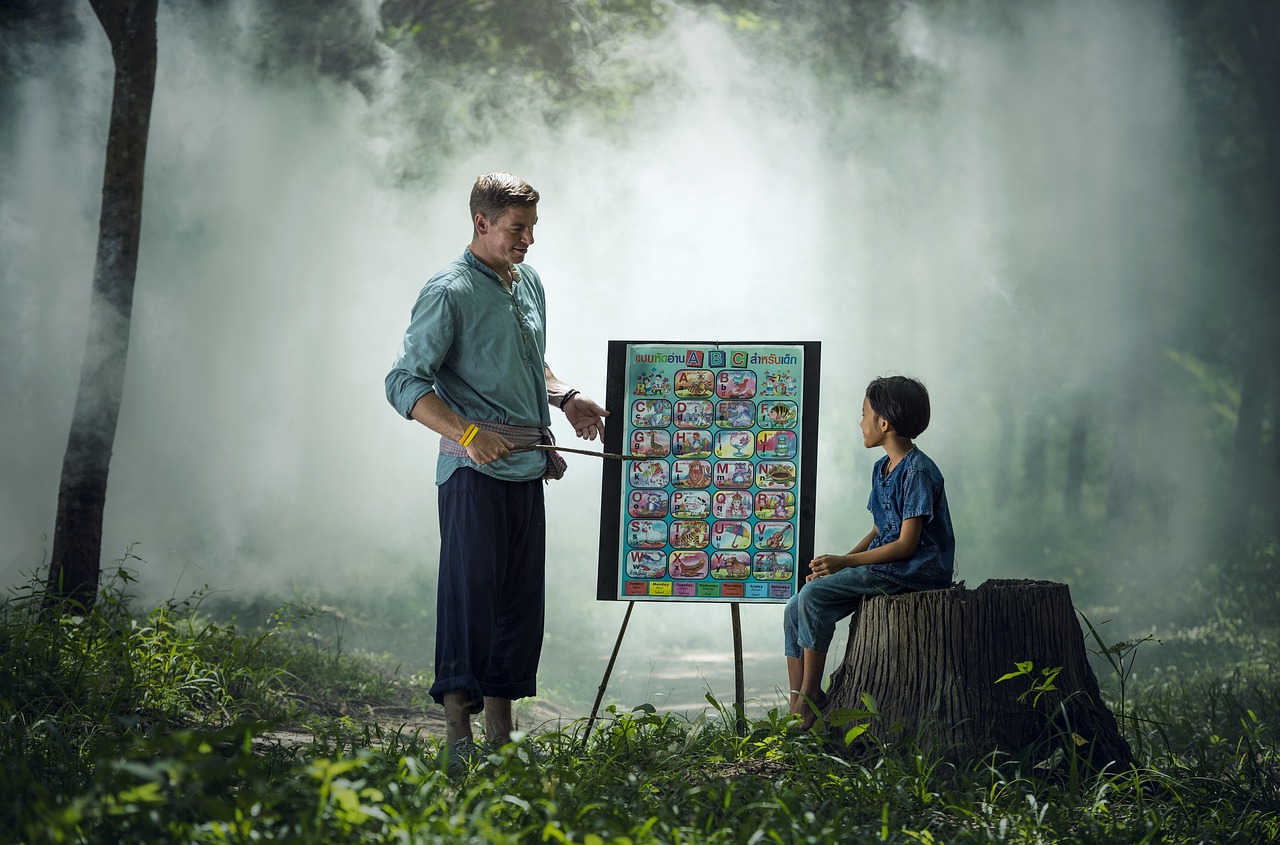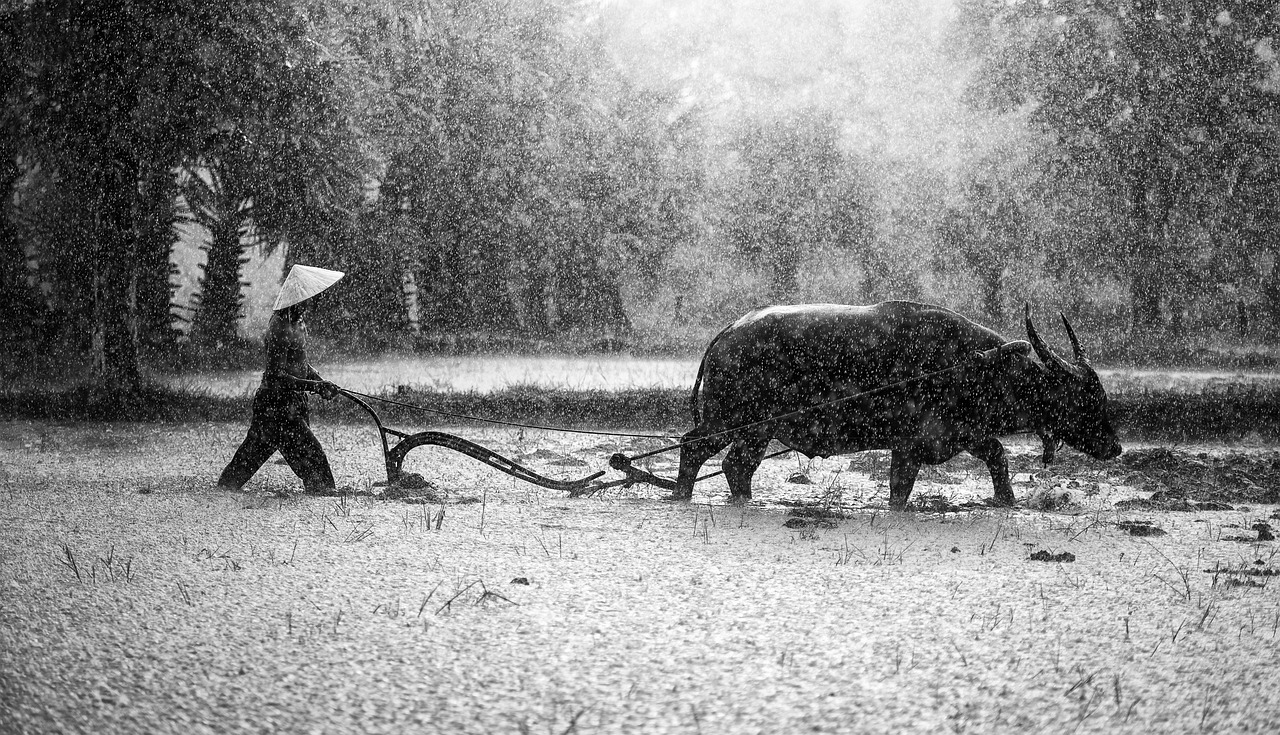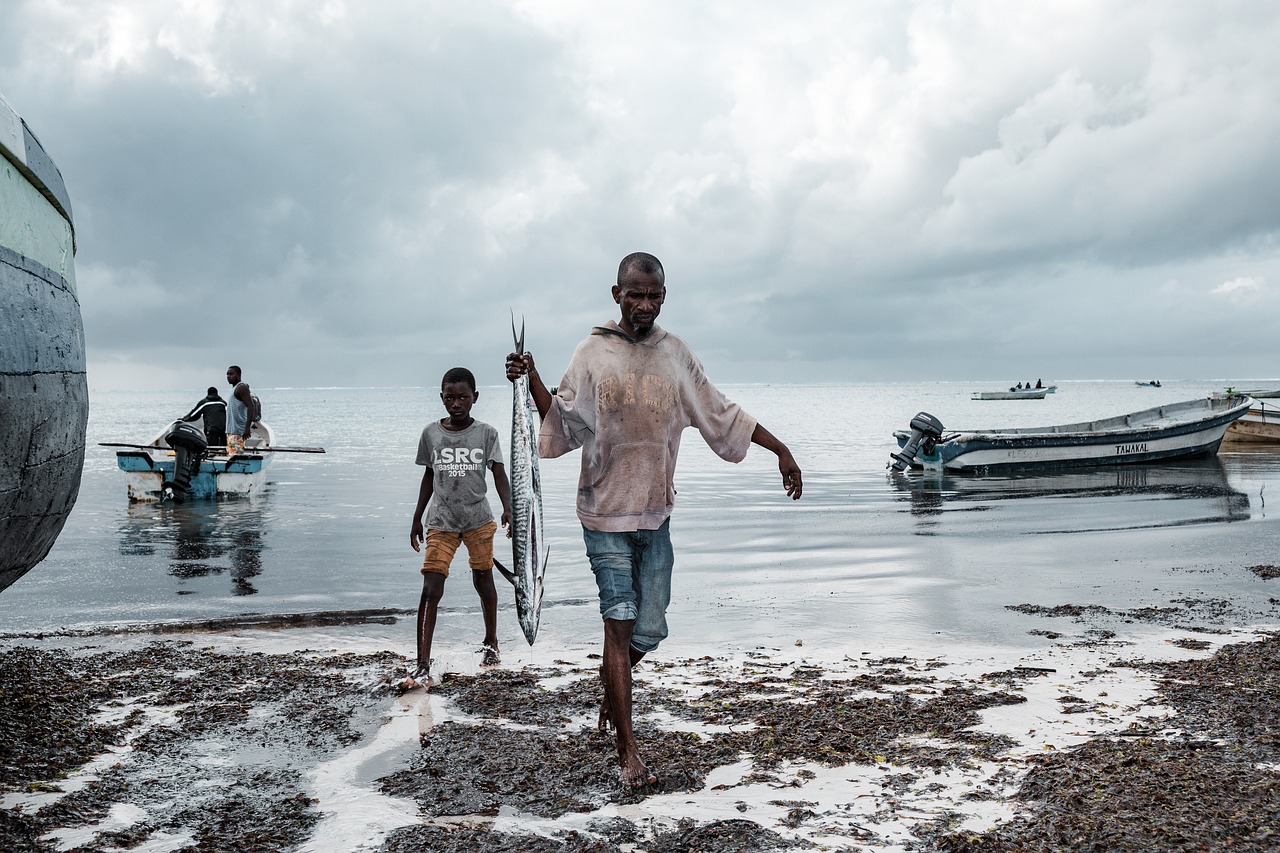Local Celebrations and Holidays: What to Expect in Cambodia
Cambodia is a vibrant country with a rich cultural heritage, and its local celebrations and holidays offer a glimpse into the traditions and customs of the Khmer people. From colorful festivals to religious observances, Cambodia’s calendar is filled with events that showcase the country’s unique identity. In this article, we will explore some of the most prominent local celebrations and holidays in Cambodia, providing you with insights into what to expect and experience during your visit.
Water Festival
The Water Festival, also known as Bon Om Touk, is one of the most significant celebrations in Cambodia. It takes place annually in November and marks the end of the rainy season and the reversal of the flow of the Tonle Sap River. During this festive event, thousands of people gather along the riverbanks of Phnom Penh to witness boat races, fireworks, and illuminated floats. The atmosphere is filled with excitement as locals and tourists alike join in the revelry, enjoying traditional music, dance performances, and indulging in delicious street food.
- Boat Races: The highlight of the Water Festival is the boat races, where teams compete in long, narrow boats. These races showcase the strength and skill of the rowers as they paddle their way through the river.
- Fireworks: Spectacular fireworks displays light up the night sky, creating a mesmerizing spectacle for the onlookers. The vibrant colors and patterns add to the festive ambiance.
- Illuminated Floats: Elaborately decorated floats, adorned with bright lights and intricate designs, glide along the river, captivating the audience with their beauty and creativity.
- Music and Dance: Traditional music and dance performances add to the festive spirit, with locals showcasing their cultural heritage through rhythmic movements and melodious tunes.
- Street Food: The Water Festival is a culinary delight, with food stalls lining the streets, offering a variety of mouth-watering Cambodian delicacies. From grilled meats to sweet treats, there is something to satisfy every palate.
Cambodia Image 1:

Khmer New Year
Khmer New Year, or Choul Chnam Thmey, is a three-day celebration that marks the beginning of the traditional lunar calendar. It usually falls in mid-April and is a time of joyous festivities and family gatherings. During this period, Cambodians engage in various rituals and customs to welcome the New Year and seek blessings for the year ahead.
- Temple Visits: Many Cambodians visit local temples to make offerings and seek blessings from the monks. They light incense sticks, present food offerings, and participate in religious ceremonies.
- Water Blessing: The water blessing ritual is a significant part of Khmer New Year. People sprinkle scented water on Buddha statues and on each other as a symbol of cleansing and purification.
- Traditional Games: Throughout the celebration, traditional games such as tug-of-war, traditional wrestling, and the game of “Chab Kon Kleng” (a game involving throwing and catching a ball with a scarf) are played, fostering a sense of community and fun.
- Feasting: Families come together to enjoy elaborate feasts, featuring traditional Khmer dishes. It is a time of indulgence and sharing meals with loved ones.
- Street Festivals: Streets come alive with vibrant parades, music, and dance performances. Colorful costumes, traditional music, and lively dances create a festive atmosphere throughout the country.
Kingdom of Wonder Festival
The Kingdom of Wonder Festival is an annual event held in Phnom Penh to celebrate Cambodia’s cultural heritage. It showcases various aspects of Cambodian culture, including arts, crafts, music, dance, and cuisine. The festival aims to promote tourism and raise awareness about Cambodia’s rich history and traditions.
- Arts and Crafts: The festival features exhibitions and demonstrations of traditional Cambodian arts and crafts, such as silk weaving, stone carving, and pottery making. Visitors can witness the intricate techniques and craftsmanship involved in these traditional practices.
- Performances: Traditional music and dance performances take center stage during the festival. Spectators can enjoy classical Khmer dances, folk music, and contemporary performances that highlight the diversity of Cambodia’s cultural expressions.
- Culinary Delights: The Kingdom of Wonder Festival offers a wide array of traditional Cambodian dishes. Food stalls and vendors serve local delicacies, allowing visitors to savor the flavors and spices of Khmer cuisine.
- Artistic Competitions: The festival hosts various competitions, including painting, photography, and traditional costume contests. These competitions provide a platform for local artists to showcase their talents and contribute to the preservation of Cambodian arts.
- Interactive Workshops: Visitors can engage in hands-on workshops to learn traditional Cambodian crafts, such as palm leaf weaving and traditional musical instrument making. These interactive sessions allow participants to immerse themselves in the cultural heritage of Cambodia.
Cambodia Image 2:

Pchum Ben
Pchum Ben, also known as Ancestors’ Day, is a unique Cambodian religious festival that honors deceased ancestors. It lasts for 15 days and usually falls in September or October. During Pchum Ben, Cambodians pay homage to their ancestors by offering food and prayers at pagodas and family altars.
- Offerings: Cambodians prepare food offerings, known as “Bay Ben,” which consist of sticky rice balls wrapped in banana leaves. These offerings are made to appease the spirits of the deceased and ensure their well-being in the afterlife.
- Temple Visits: Families visit pagodas to offer their prayers and food offerings. Monks recite religious scriptures and perform ceremonies to bless the participants and their ancestors.
- Merit-Making: Making merit is an integral part of Pchum Ben. Cambodians make donations to monks and engage in acts of kindness, such as releasing birds or fish, to accumulate positive karma and seek blessings for their ancestors.
- Nighttime Ceremonies: The final days of Pchum Ben are marked by “Vassa,” a period when monks observe a retreat. During this time, special ceremonies are held at pagodas, and candlelit processions take place to honor the ancestors.
- Family Reunions: Pchum Ben is a time for families to come together and pay respects to their ancestors collectively. It strengthens family bonds and provides an opportunity for shared reflection and remembrance.
Water Festival in Siem Reap
Siem Reap, the gateway to the magnificent Angkor Wat complex, also hosts its own version of the Water Festival. This celebration takes place on the Siem Reap River and offers a unique experience for visitors exploring the temples of Angkor.
- Boat Processions: Elaborately decorated boats sail along the Siem Reap River, showcasing the talent and creativity of the local communities. These processions are a visual spectacle, with vibrant colors and intricate designs.
- Traditional Music and Dance: Performances of traditional Khmer music and dance add to the festive atmosphere. Visitors can witness captivating performances that reflect the cultural heritage of Cambodia.
- Water Blessing: Just like the main Water Festival in Phnom Penh, the Siem Reap Water Festival includes a water blessing ceremony. Locals and tourists alike participate in this ritual, symbolizing the purification of the soul.
- Food Stalls and Night Markets: The streets of Siem Reap come alive with food stalls and night markets during the festival. Visitors can indulge in local delicacies and shop for traditional crafts and souvenirs.
- Fireworks Display: The grand finale of the Water Festival in Siem Reap is a breathtaking fireworks display. The night sky is illuminated with colorful explosions, creating a magical ambiance.
Cambodia Image 3:

Conclusion
Cambodia’s local celebrations and holidays provide an incredible opportunity to immerse yourself in the country’s rich cultural heritage. From the lively boat races of the Water Festival to the solemn rituals of Pchum Ben, each event offers a unique insight into the traditions and customs of the Khmer people. Whether you’re exploring the bustling streets of Phnom Penh or admiring the awe-inspiring temples of Angkor, experiencing these celebrations will undoubtedly leave a lasting impression. So, plan your visit accordingly and witness the vibrant festivities that make Cambodia truly remarkable.
References
– tourismcambodia.com
– cambodia-travel.com
– khmertimeskh.com
– siemreap.net

